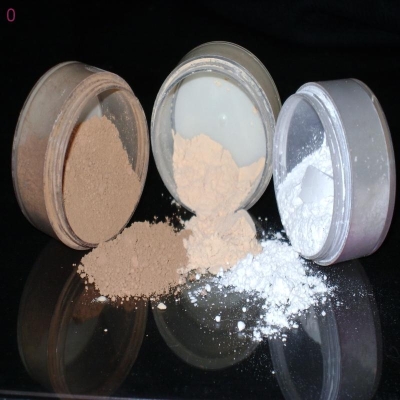The study reveals the molecular mechanism of plant indefinite root formation
-
Last Update: 2021-03-07
-
Source: Internet
-
Author: User
Search more information of high quality chemicals, good prices and reliable suppliers, visit
www.echemi.com
light not only provides energy for photosynthelation of plants, but also triggers a series of physiological, bio-chemical response processes of plants as environmental signals. The roots of higher plants are complex, and most higher plants produce different forms of indetermity in the ground, except for the main and side roots. Unlike the main roots (or side roots) that have been growing underground for a long time, most infinitive roots are exposed to light.
, how on earth does light affect the growth and development of uncertain roots? The molecular rationale associated with it has been unclear.study group of plants in the united States made an in-depth study of the production of a particular form of indeterminate roots using model plant athropomorthic mustard as a material. The study found that, under lower light conditions, athropomordity produces almost no erratic roots of any kind. When the light intensity increases, a large number of infinitive roots (called J-infinity roots) are induced at the nodes of the main root and embryo shaft of the abyss. When a transcription factor ABI4 mutates, anabiotycate mustard produces a large number of J-indefinite roots even under lower lighting conditions. This indicates that ABI4 is a negative regulatory factor that occurs at the J-indefinite root.
further studies have found that the absence of the ABI4 protein causes reactive oxygen molecules to accumulate specifically in the cells of the cells in the node location, inducing apoptosis of the skin cells. This process weakens the mechanical resistance of the root to break through the skin cells and promotes the occurrence and growth of J-indefinite roots.
study also found that the activity of ABI4 was jointly regulated by the fissure active protein kinase MPK3/MPK6 and phosphatase PP2C12. MPK3/MPK6 is capable of direct phosphorylation and activation of ABI4 to inhibit the occurrence of J-indefinite roots. PP2C12 is able to dephosphorylate ABI4 and inhibit its activity, promoting the occurrence of J-indefinite root. At the same time, in order to maintain the maximum phosphorylation efficiency of ABI4, MPK3/MPK6 can also directly phosphorylate PP2C12 and inhibit its activity.
this basis, the team proposed a "double insurance" mechanism consisting of ABI4, MPK3/MPK6, and PP2C12 proteins to regulate the occurrence of amoeba J-indefinite roots. Through this mechanism, higher plants can integrate light, growth hormone and reactive oxygen and other signal transducting pathways to fine-tune the occurrence of J-indefinite roots to adapt to changing environmental conditions. The results also provide theoretical reference for genetic improvement of crop roots.
results were published online June 11 in Molecular Plants. (Source: Zhang Qingdan, China Science Journal)
related paper information:
This article is an English version of an article which is originally in the Chinese language on echemi.com and is provided for information purposes only.
This website makes no representation or warranty of any kind, either expressed or implied, as to the accuracy, completeness ownership or reliability of
the article or any translations thereof. If you have any concerns or complaints relating to the article, please send an email, providing a detailed
description of the concern or complaint, to
service@echemi.com. A staff member will contact you within 5 working days. Once verified, infringing content
will be removed immediately.







